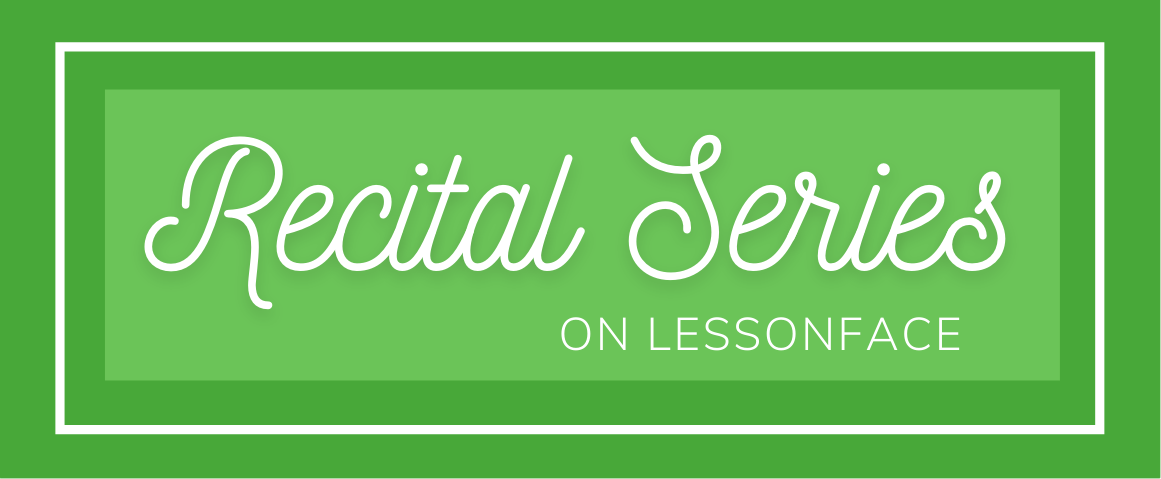We all know practice is important when it comes to learning to play guitar, but what does practice actually mean? The truth is, practice means different things to different people, because different people have different mental wiring, and different personal goals. What works well for one person may be a waste of time for another. Some people prefer taking a "nose to the grindstone" approach, while others like a more "organic" attitude to their practice. Some people like to work on a variety of techniques to widen their general skill level, while others might have a specific focus they are working on toward a specific goal. Some people like playing songs, while others want to master speed at scales or improvisation.
First, I want to differentiate between what I call capital P Practice versus lowercase p practice:
Capital P practice is what I consider practicing towards a known goal- like a metronome speed, endurance goal, or working an exercise to a certain skill and quality level.
Lowercase p practice is basically where you are spending quality time with your instrument organically- jamming, playing along with songs, improvising, or just doing whatever exercise you feel like doing at the time.
Both are valid practice techniques with different benefits and downsides- Capital P practice works the logical and problem solving faculties of your brain and muscle memory, whereas lowercase p practice exercises the musical, artistic, and creative faculties of your brain. I feel the ideal scenario is alternating back and forth between the two, or allotting time for each in your practice.
Which practice style works best for you? Uppercase case P practice? lowercase p practice? Or a combination of the two? Share your thoughts below, and let me know which exercises and techniques work best for style!
Tyson Farmer




